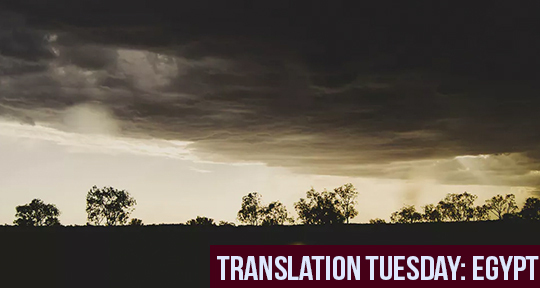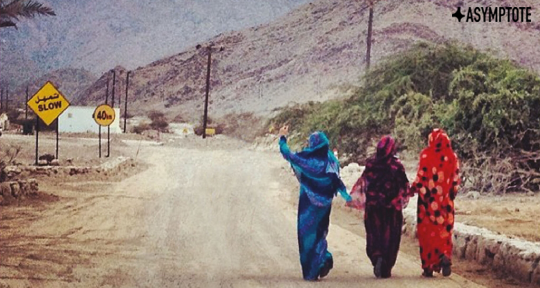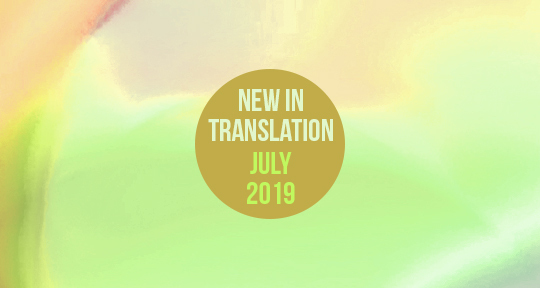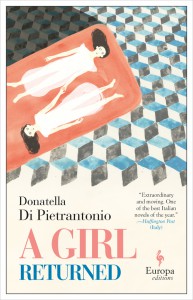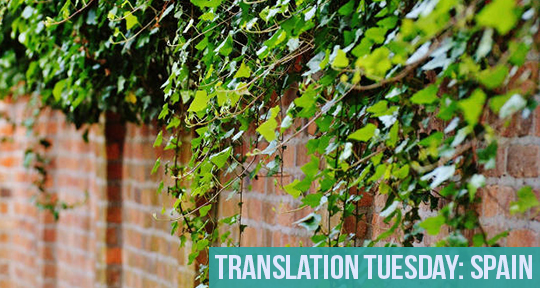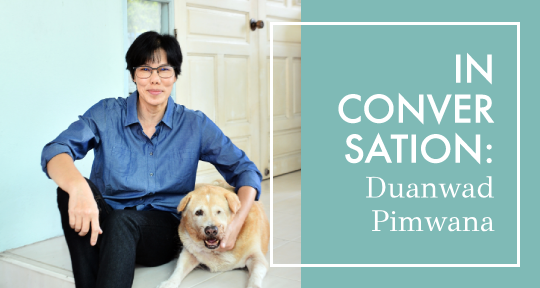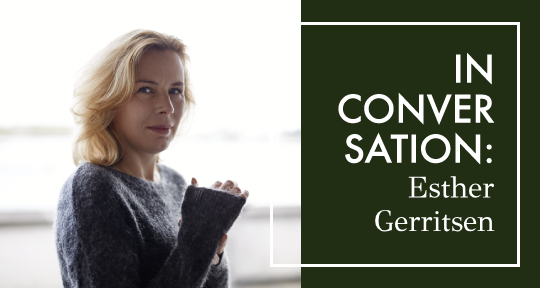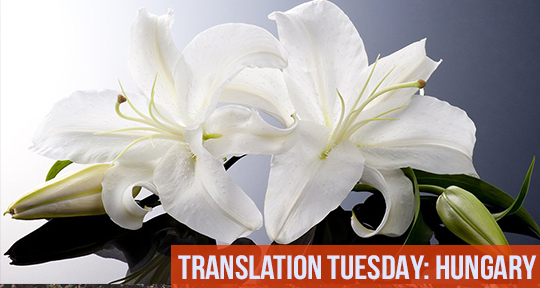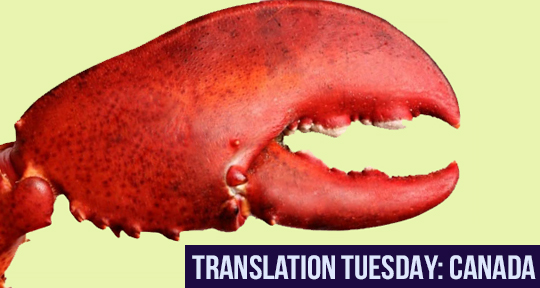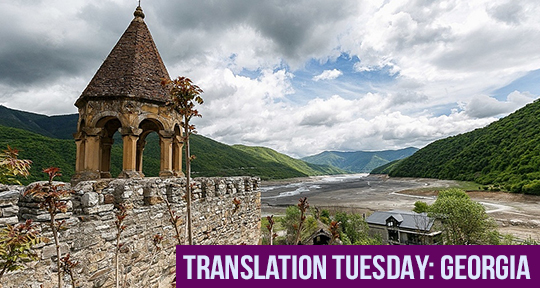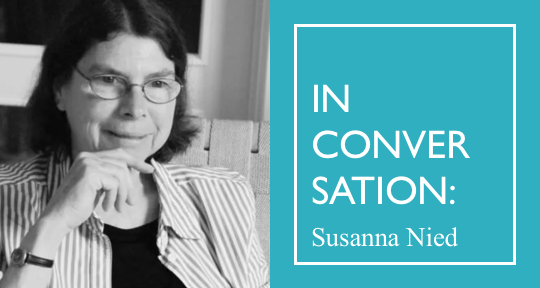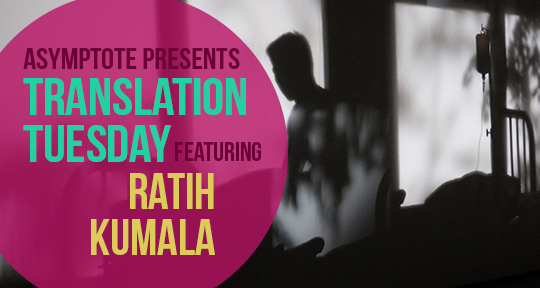Boekenweek is a week-long festival of Dutch-language literature held annually in the Netherlands since 1932. Aside from the now legendary Boekenweek ball in Amsterdam, readings, panels, and other literary events are organized throughout the Netherlands and Flanders, and a prominent writer is commissioned to write a novella which is then gifted to the public during the ten-day festival. In 2016, Dutch writer Esther Gerritsen was given the honor of writing the Boekenweek novella, one of only two women to do so in the past eighteen years. This year, Gerritsen’s novel Craving was one of several recently published Dutch-language novels in translation featured at the World Editions Boekenweek celebration at Flanders House in New York City. One of the most celebrated novelists in the Netherlands, Gerritsen also works as a screenwriter and columnist and is the recipient of numerous awards including the 2014 Frans Kellendonk prize for her entire oeuvre. Craving, artfully translated by Michele Hutchison, is Gerritsen’s meticulous excavation of a complex mother-daughter relationship which is further complicated when the daughter moves back into her childhood home to take care of her dying mother. In honor of Boekenweek, Asymptote asked Esther Gerritsen to share her thoughts on Craving, radical thinkers, and gender equity in the Dutch-language literary world.
-Sarah Timmer Harvey, New York, April 2019
STH: Craving opens with a powerful scene in which the mother, Elisabeth, spots her daughter biking on a busy street in Amsterdam and decides it is the right moment to tell her that she is dying. Immediately, the reader is made aware that the mother isn’t neurotypical and that the relationship between mother and daughter is quite strained. What drew you to these characters and inspired their story?
EG: I started writing about the mother, Elisabeth, first. I wanted to write about ‘stuff.’ Objects, materials, the love human beings have for things. I originally had Elisabeth talking posthumously about all the things in her life, from the first blanket she’d slept under and her childhood toys to the furniture she owned when she was older, even the bed on which she died. In her version of heaven, everything she ever possessed was there, new and complete; shoes without scratches, puzzles with no missing pieces—an ideal, silent world filled with beautiful stuff. Of course, then the story became very . . . silent. And I thought: for a person who likes quietness, order, and perfection, what’s the worst thing that could happen? I knew then that she should have a child—and that’s where the daughter comes in. Coco is her mother’s opposite, chaotic and messy. They live in different worlds, but both have the best intentions and would love to be closer, but are just too dissimilar. When the mother is dying, and the daughter is already an adult, they try to form a closer relationship before it’s too late and end up tormenting each other with their good intentions. Coco and Elisabeth really can’t stand one another, but because they are family, they are inextricably linked. READ MORE…

